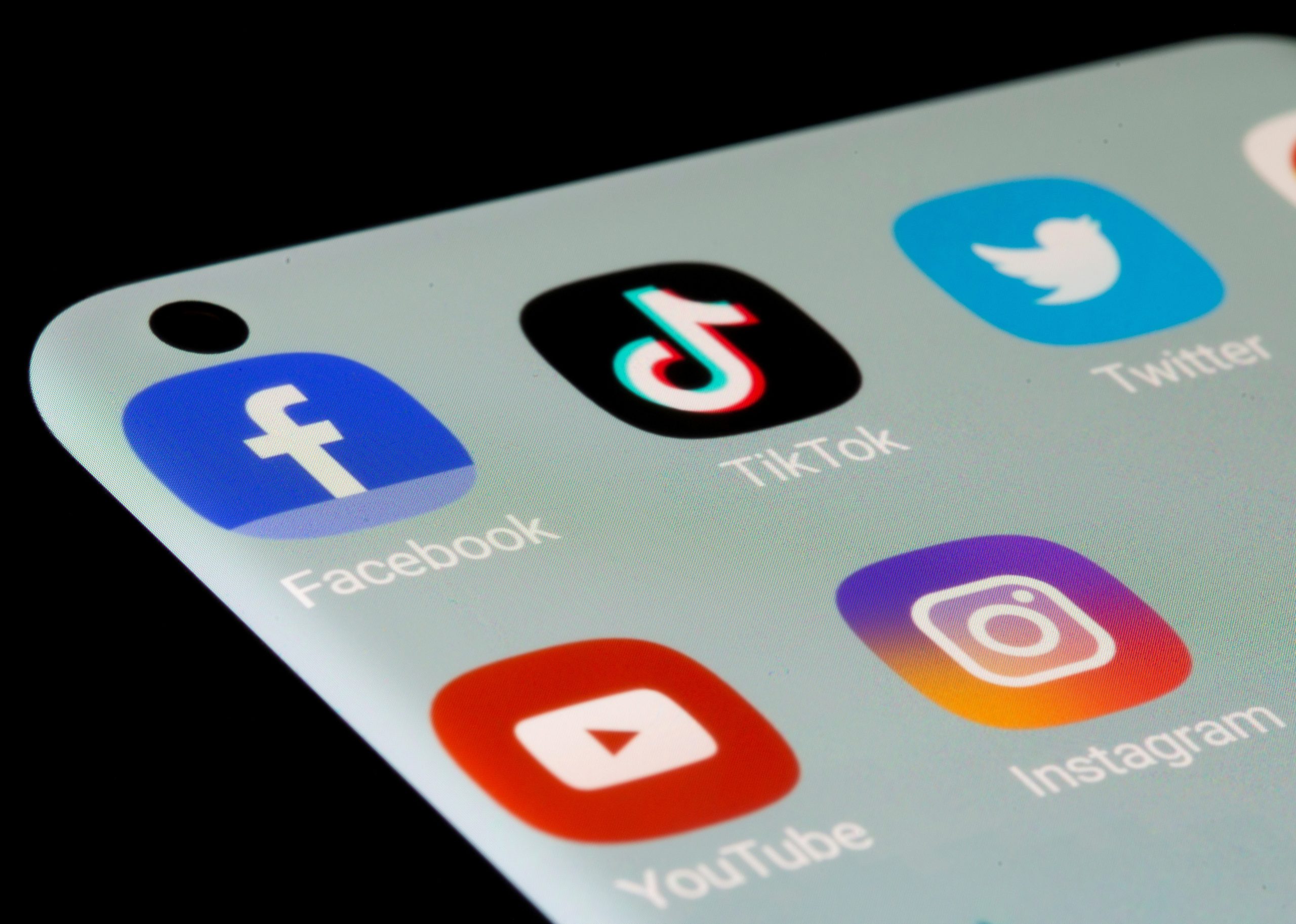
Vicky Arias, FISM News
[elfsight_social_share_buttons id=”1″]
Utah Gov. Spencer Cox on Thursday signed two bills into law that will limit time spent on social media by minors and require social media companies to obtain parental approval for minors under 18 to use their apps.
The bills, SB 152 and HB 311, were passed by the Utah House and Senate, both Republican chambers, earlier this month.
Under SB 152, beginning March 1, 2024, children in Utah will be prohibited from holding social media accounts unless they obtain approval from a parent or guardian. Social media companies will be required to verify the age of individuals using their services and, if the user is under 18, confirm that the individual has obtained parental consent.
If a parent does consent to allow their minor child to use social media platforms, those companies will be required to give the parent password access to their child’s accounts. The access would allow parents to view all posts on their child’s account, as well as messages sent and received to and from their child.
Additionally, SB 152 bans direct messages to a minor’s account from individuals that are not on the minor’s friend list, prohibits advertising to minors, bans the collection of personal information on minors and the practice of suggesting groups or products, and places a curfew on the minor’s social media accounts. Individuals under 18 will also be barred from using the platforms between 10:30 p.m. and 6:30 a.m. unless allowed by a parent or guardian.
Under HB 311, social media companies, also beginning March 1, 2024, will be prohibited from using any features in their apps, of which they may be aware, that may cause a minor to become addicted to their platforms.
Civil monetary penalties can be levied against social media companies under both laws for violating measures outlined in the regulations. One of the major features of the bill is that it places the burdens of compliance proof on tech companies, not on parents or children
Gov. Cox tweeted yesterday that the new laws intend to protect the mental health of children and teens from the potentially harmful effects of social media.
“We’re no longer willing to let social media companies continue to harm the mental health of our youth,” Cox wrote. “Today we signed two key bills in our fight against social media companies into law…Utah’s leading the way in holding social media companies accountable, and we’re not slowing down anytime soon.”
Those who oppose the new laws are concerned that the Utah government may be overstepping its bounds.
Ari Cohn, an attorney for TechFreedom, said that the age verification system that social media companies would need to implement could constitute an invasion of privacy.
“Age verifying everyone means you no longer have an ability to be anonymous online on social media,” he said, according to NBC News. “Think about all the ways that social media is used to criticize powerful people, elected officials, tyrannical governments…without fear of retribution.”
Other states, like Arkansas, Connecticut, Ohio, and Minnesota are also considering parental consent measures. Sen. Josh Hawley (R-Mo.) in February introduced legislation at the federal level which would require all social media users to be 16 years of age or older.
The legislation comes amidst a bipartisan push against social media companies for the harms that they can cause children.
Several studies have shown the potential for harmful effects which social media can have on young people.
According to the Mayo Clinic, “a 2016 study of more than 450 teens found that greater social media use, nighttime social media use and emotional investment in social media, such as feeling upset when prevented from logging on, were each linked with worse sleep quality and higher levels of anxiety and depression.”
Additionally, in 2019 Johns Hopkins University reported that “adolescents who spend more than three hours a day on social media report high levels of internalizing behaviors, marked by social withdrawal and difficulty coping with anxiety or depression.”
